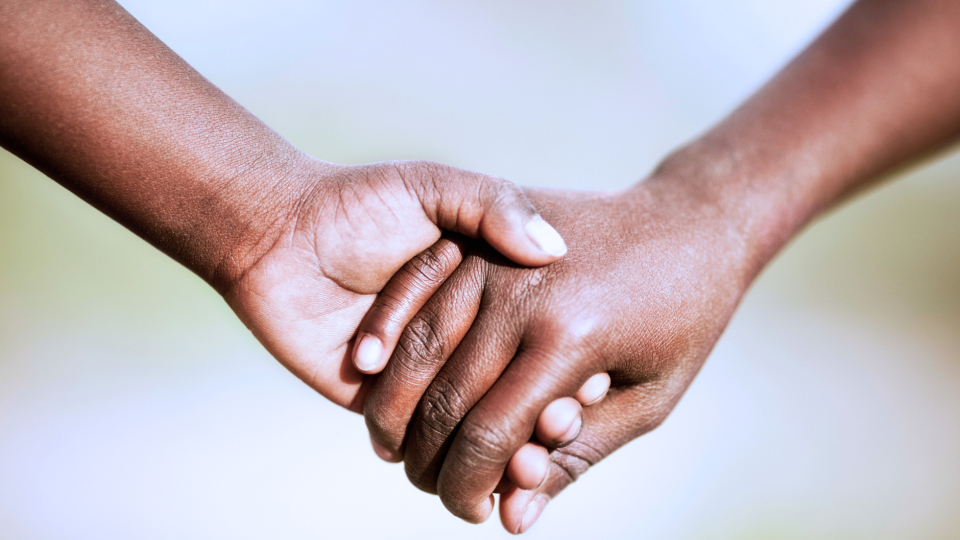Armed police response is not an appropriate way to deal with a child who misbehaves. Yet every year, hundreds of thousands of children under 18 years old are handcuffed or arrested for ordinary misbehavior—or, as 12-year-old Tashawn Bernard experienced while taking the trash bin to the curb at home—sometimes for no reason at all. Arresting a child is traumatic, and it is typically unwarranted. According to the FBI’s nationwide Uniform Crime Reporting (UCR) data collection, from 2016 through the present, the top five behaviors for which children are arrested have been:
- fighting (assault with no serious injury, e.g. fistfight)
- stealing (nonviolent theft, e.g. shoplifting)
- drugs or alcohol (drug abuse violations, liquor law violations, or drunkenness)
- disorderly conduct, and
- vandalism.
These five misbehaviors account for a large majority of child arrests: In 2019, the most recent year for which complete data have been published, they made up 59% of arrests of children under 18. If we add arrests for stolen property (receive, possess, or buy) and curfew and loitering violations, minor misbehaviors account for 62% of arrests of children under 18 (and 65% of arrests of children under 15). This pattern has generally been consistent since the late 1990s, except that before 2016, running away and curfew and loitering violations occasionally appeared in the top five reasons for child arrests. No one wants kids to fight, steal, vandalize, cause a disturbance, or use alcohol or drugs, but these are common, ordinary misbehaviors. Most children occasionally engage in at least one of them. Arrest is wildly disproportionate as a response to a child who misbehaves in a way that is developmentally normal for their age. The other 35% of child arrests do not seem obviously necessary, either. In 2019, thousands of children were arrested for offenses the FBI classifies as embezzlement, forgery and counterfeiting, fraud, gambling, motor vehicle theft, burglary, prostitution and commercialized vice, vagrancy, and “suspicion” (that is, arrested for no specified offense and released without being charged). Nearly 20% of arrests in each age group were classified as “All other offenses (except traffic).” Fewer than 1% of child arrests were for murder or rape. Even in the rare event that a child is accused of a serious crime such as aggravated assault, sexual assault, or sexual abuse, the behavior is a red flag that the child perpetrator may also be a victim. The child perpetrator, as well as their victim, may need help that arrest and prosecution will not provide. Thus, even children who are accused of more serious offenses do not necessarily deserve the harmful consequences of arrest and criminal punishment.
The UCR data show further troubling indications that most children who are arrested don’t have to be. Every year, about one in three juvenile arrests is a child aged zero to 14 years old. In 2019, 2,550 children were arrested at nine years old or younger. As with older teens, young children are being arrested for remarkably ordinary misbehavior. In 2019, nearly 100,000 children aged zero to 14 (96,969 arrests) were arrested for fighting, stealing, disorderly conduct, drug/liquor/drunkenness violations, or vandalism. Another 28,000 children aged 0-14 were arrested for “all other offenses, including traffic.”
Worse yet, in 2019 and 2020, police nationwide recorded arresting hundreds of children under 18 and dozens of children under 15 for “vagrancy” or “prostitution and commercialized vice.” This should never happen: these children are victims. Moreover, children who are arrested are disproportionately Black: Per capita, Black children are arrested far more frequently than any other racial group, more than twice as frequently as White children. Meanwhile, White kids in prosperous communities are seldom turned over to police when they fight, steal, commit vandalism, get rowdy, or use alcohol or drugs. Their schools, families, and communities tend to address—or tolerate—this misbehavior without involving police. Black children deserve equally compassionate treatment.
Why would teachers, caregivers, or others call an armed officer to address minor misbehavior? Why would officers arrest a child who misbehaves? They may hope that arrest will somehow help.
But child arrests actually make matters worse. In our recent report on police in schools, we at the Center for Policing Equity note that arresting a child harms their psychological well-being and increases their risk of dropping out of school. Arrest also increases the risk that a child will commit crimes in the future. While most children who break the law desist from lawbreaking without any police intervention, arrested children are less likely to desist than children who are not brought into the criminal legal system. Even if we did not care about children’s well-being—and we should—arresting a child is bad for public safety. Children who misbehave—and children who are victims—should not be punished as dangerous predators headed for a life of crime. They deserve to be safe at school and in the community. When children misbehave, they need empathy and help, not punishment and arrest.

